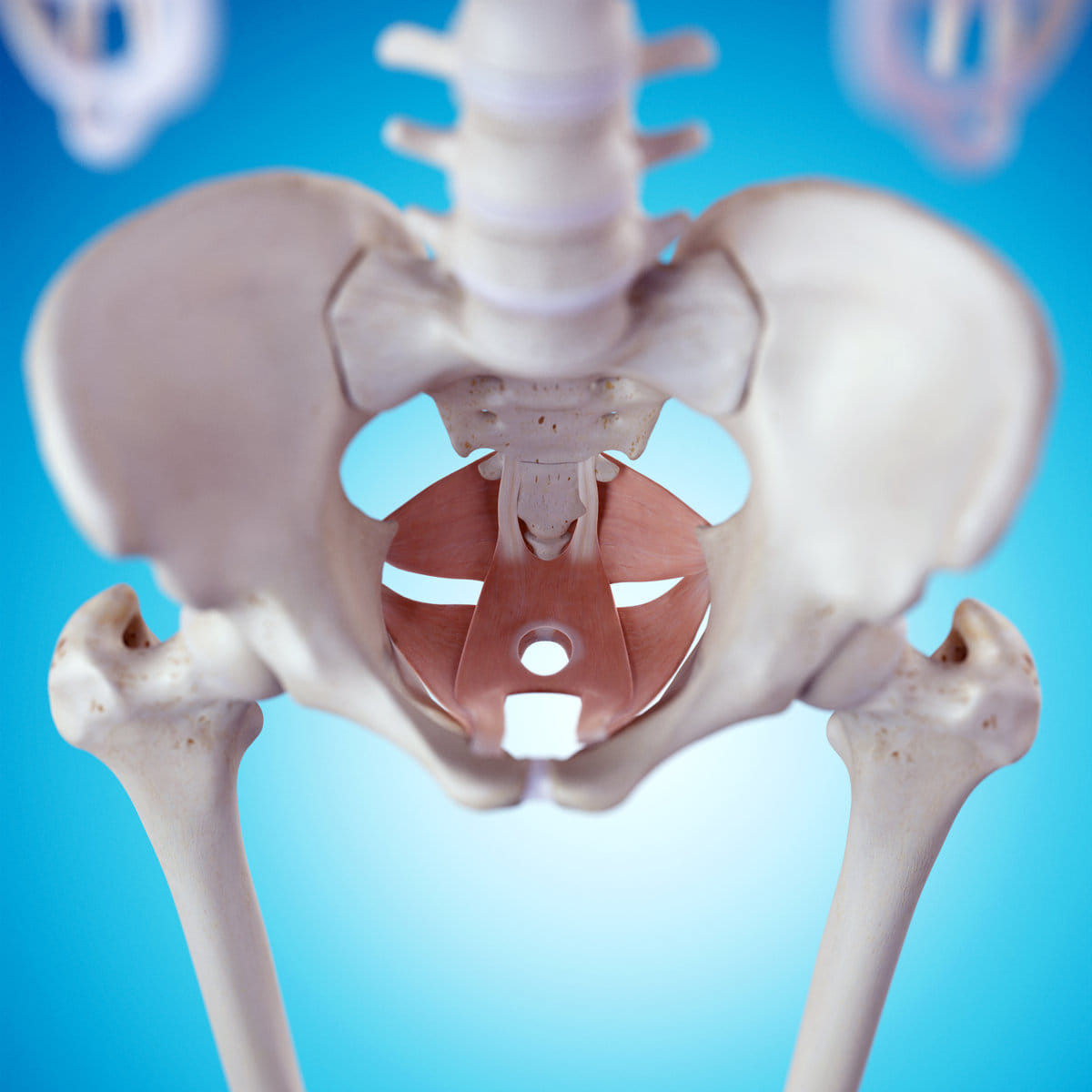- Incontinence- Urinary and Fecal
- Pelvic Organ prolapse (POP)
- Overactive Bladder (OAB)
- Pregnancy and post partum pelvic floor muscle dysfunction
- Rectus diastasis
- Menopause
- Bowel Dysfunction
- Pelvic floor muscle weakness
- Pelvic floor muscle tightness
- Persistent pelvic pain
Pelvic Floor Physiotherapy
Musculoskeletal injuries involve wide range of conditions that affect bones, joints, muscles, ligaments, tendons, and nerves. Musculoskeletal Physical Therapist can help in assessing and treating your condition to reduce or eliminate your pain and address muscle weakness, loss of stability and limited functional capabilities.
What is pelvic floor Physiotherapy?
The pelvic floor muscles are a group of muscles that attach to the front, back and sides of the pelvis (sitting bone) and sacrum, which act like a hammock to support the pelvic organs. They also wrap around your urethra (where urine comes out), rectum, and vagina. The pelvic floor muscles must be able to contract to maintain continence and relax to allow for urination, bowel movements and in women, sexual penetration.
Pelvic Floor dysfunction can be caused by,
- Weakness (underactivity) of the pelvic floor muscles leading to symptoms of incontinence and pelvic organ prolapse or
- Tightness (hyperactivity) of the pelvic floor muscles leading to symptoms of chronic pelvic pain, dyspareunia, vaginismus, vulvodynia, pudendal neuralgia, interstitial cystitis, endometriosis, chronic prostatitis, urinary and fecal urgency and urge incontinence.
A comprehensive subjective and objective examination is performed to identify all the factors that are contributing to your symptoms. A treatment plan is formulated with personalized short-term and long-term goals.
What to expect during the assessment?
The subjective assessment will include reviewing your detailed past medical history, pregnancy history and asking appropriate questions regarding to pain/current problem, bladder-bowel habits and function and sexual function.
The objective assessment involves assessment of breathing, posture, lumbar and thoracic spine mobility, and the pelvic floor muscle function assessment.
Pelvic floor muscle function is best assessed through internal palpation. No instrument is used internally to assess the integrity of pelvic floor muscles. Physiotherapist will insert gloved gelled finger through vagina/rectum to check for any change in tone/tension in your pelvic floor muscles. Strength, endurance and fatiguability of the muscles is also be assessed to provide you with the best treatment approach for your symptoms. This assessment shoulder be comfortable and not painful or stressful. You are always in control of your care. This assessment is best done internally to be effective but if you are not comfortable your physiotherapist can do it externally as well.
Conditions we treat:
- Dysmenorrhea (painful periods)
- Vaginismus
- Vulvodynia
- Dyspareunia (painful penetration)
- Endometriosis
- Interstitial Cystitis
- Tail bone (coccyx) pain
- Prostatectomy
- Post pelvic cancer rehab
- Preparing for pelvic surgery

